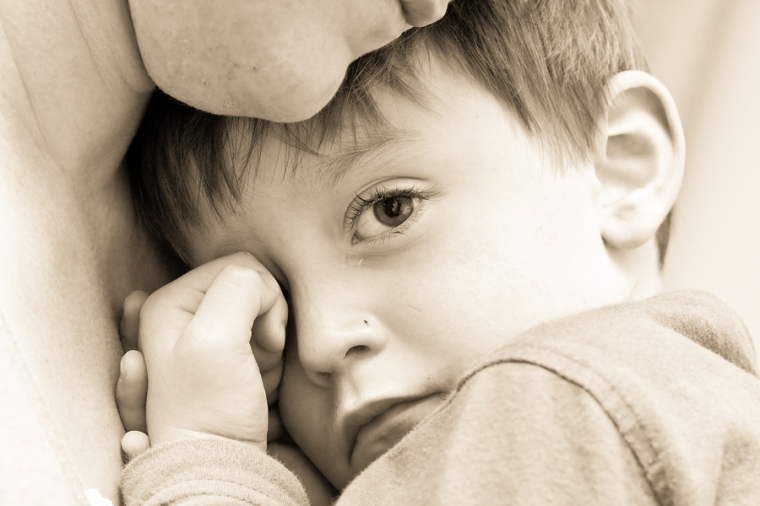
I was in my “wifi” zone. It was that time during vacation when I leave my beach bum world to visit my work world through the technology of “wireless” Internet. Not surprisingly, it was a rainy day.
Almost as a reflex, I looked up as a young man passed me. Like many of us freeloading on the wireless service, he was carrying a computer. A few moments later, he made his way toward me, paused at my table and said, “I hate to bother you, but you have a phone and computer like mine and I was wondering if you could help me?”
His accent was clearly northern, his eyes deep blue, and his two-day-old beard, GQ cool. His clothes were warm weather fun, but his ankle bracelet was ice-cold reality. Clearly not for decoration, this bracelet represented desperation and disappointment, the legal system’s form of extended incarceration.
His name was Patrick and he was a man in need of help. I slid over and made room for him. His story slowly began to unfold. A two-time DUI offender, he spoke in broken sentences and broken heart. His sin had cost him not only his job, but also his company. A self-employed pressure washer in New York City, his journey brought him to warm weather, perhaps to escape the wintry rejection of his mother, whose reflection was his screen-saver.
Down to riding a bike or taking public transportation, he was looking desperately for a job and had no idea how to operate either his iPhone or MacBook computer. How did that happen? Well, his assistant had taken care of that kind of stuff, but suddenly his life and livelihood had been dumped into the proverbial waste can and he had nothing or nowhere to hide.
I took him through the massive amount of knowledge gained through my years of mastering all levels of computer and phone technology (it took about 20 minutes!), and he kept mumbling about how grateful he was that I would help him. We successfully sent his resume to a potential employer and he rose to go on his way. Then it came. He said, “Man, I think God sent you to be with me today.”
I paused and wondered if I should let him know the “rest of my story,” and just when I was ready to launch into my massive amount of biblical knowledge gained through my years of mastering all levels of theology (it would have taken about 20 days!), I smiled and said, “I can tell you without a doubt, I believe God sent me here today as well!”
As he walked away, I wondered. Should I have said more?
Henry David Thoreau once said: “Though I do not believe that a plant will spring up where no seed has been, I have great faith in a seed. Convince me that you have a seed there, and I am prepared to expect wonders.”
Paul once said: “It is not the one who plants or the one who waters who is at the center of this process, but God, who makes things grow.”
Jesus once said: “But the good ground is the hearts of good people, who remember God’s Word and try, every day of their lives, to do as He wishes us to do, and to live holy and useful lives. The seed falling upon their hearts becomes strongly rooted and grows up vigorously, bearing good fruit.”
Perhaps what I experienced was a case of “seeding and believing.” Thanks be to God!
